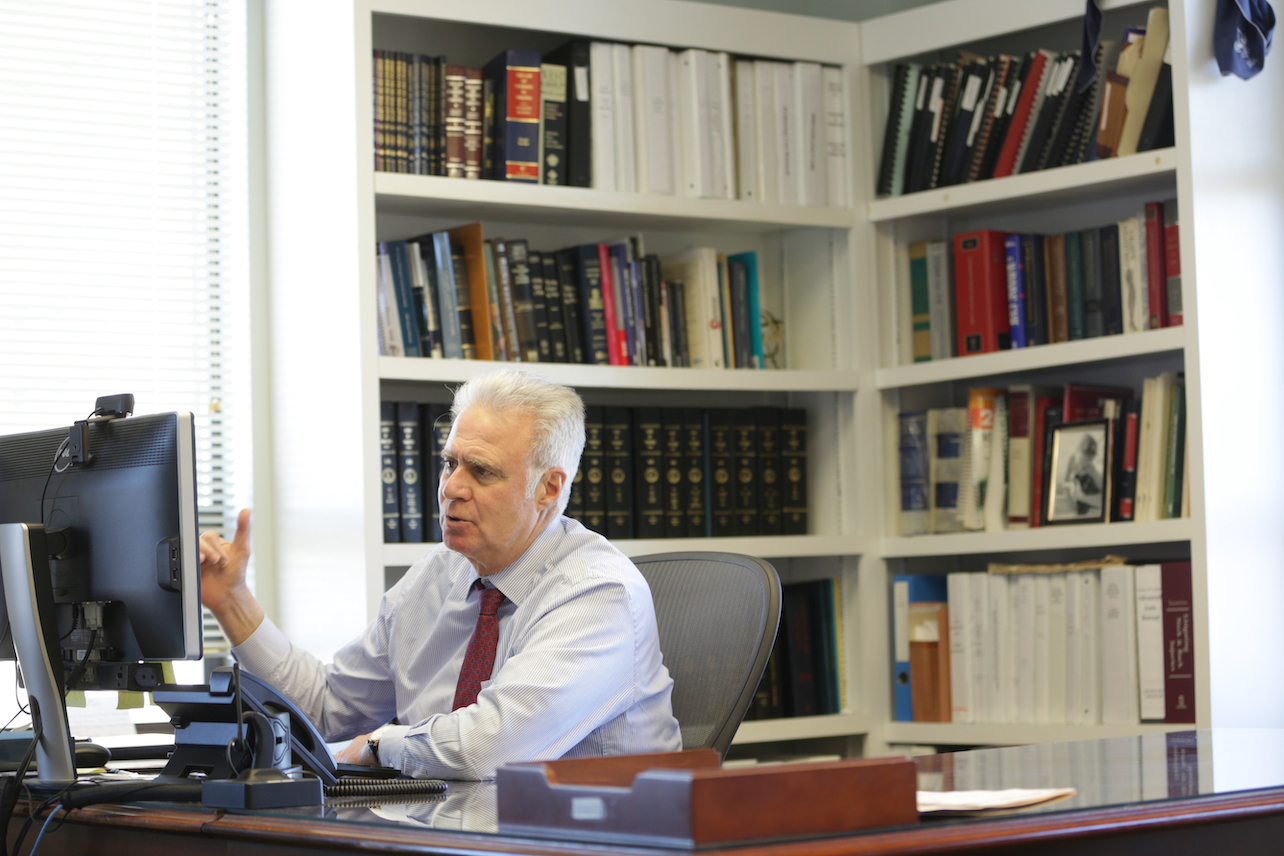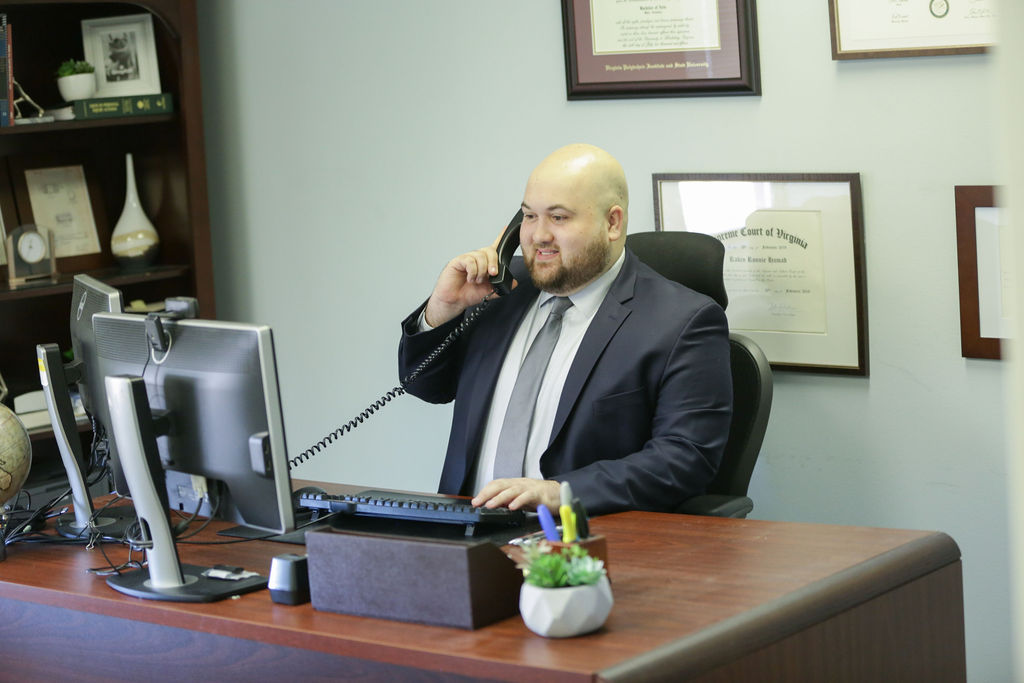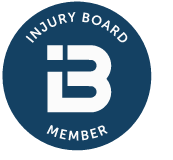
You are injured in a car accident or a slip or trip and fall, and believe someone else is liable for your damages. Whether the driver of another vehicle crashed into you because they were texting or a business owner forgot to put up a hazard sign near a slippery surface, there are many instances where a defending party can and should be held liable for your personal injury.
Knowing this, when you can’t reach an appropriate settlement for that claim, you file a lawsuit. Now, you’re undergoing the discovery process–which is the pretrial phase when both sides gather crucial evidence and develop court strategies.
Written discovery, such as interrogatories and request for production of documents, and depositions are discovery tools that we have previously detailed in our blog. The next tool that can be used during the discovery phase of litigation is requests for admission.
What are Requests for Admission?
The plaintiff, the party bringing the lawsuit, must prove everything they claim by a preponderance of the evidence. Requests for admission allows the plaintiff to narrow the issues that are actually in controversy and thereby determine the issues that the plaintiff must present evidence to prove at trial. Requests for admission go both ways: you can submit requests to the defendant, and the defendant can submit requests to you.
Requests for admission are written as statements that must be admitted, denied, or objected to by the party that receives them. Requests for admission may relate to statements or opinions of fact or the application of the law to fact, including the genuineness of any documents described in the request.
Under Virginia Supreme Court Rule 4:11, the recipient of requests for admission must respond (admit, deny, or object) to the request within 21 days of it being served. Any request for admission that is not responded to within the 21 day period is considered admitted to and established as fact.
Sample Requests for Admission
Requests for admission can be used to get medical bills into evidence. For example, a plaintiff could supply the defendant with copies of all medical bills the plaintiff claims are related to the lawsuit. The plaintiff would then request that the defendant admit that the bills are genuine, the services listed on the bill were necessary to diagnose and/or treat the plaintiff’s injuries, and that the charges were reasonable. This helps the plaintiff narrow down which injuries and corresponding medical treatment the defendant is admitting and what the plaintiff will have to prove through expert testimony.
Limits and Objections to Request for Admission
In Virginia, each party can send no more than 30 requests for admission total, including subparts of questions, that are not related to whether a document is authentic/genuine. There is no limit to the number of requests for admission related to whether a document is genuine (unless the court issues a protective order to protect the responding party).
Conclusion
Parties can object to admitting or denying requests for admission if the request meets a disqualifying circumstance, such as if it violates lawyer-client privilege or asks for information that is irrelevant to the case. Your personal injury attorney will work with you throughout the process to help you understand what you do and do not have to disclose to the defendant during discovery.
Next, we talk about one final discovery tool: medical examinations.
Tell us more about your legal matter and a member of our team will be in touch with you shortly.


















